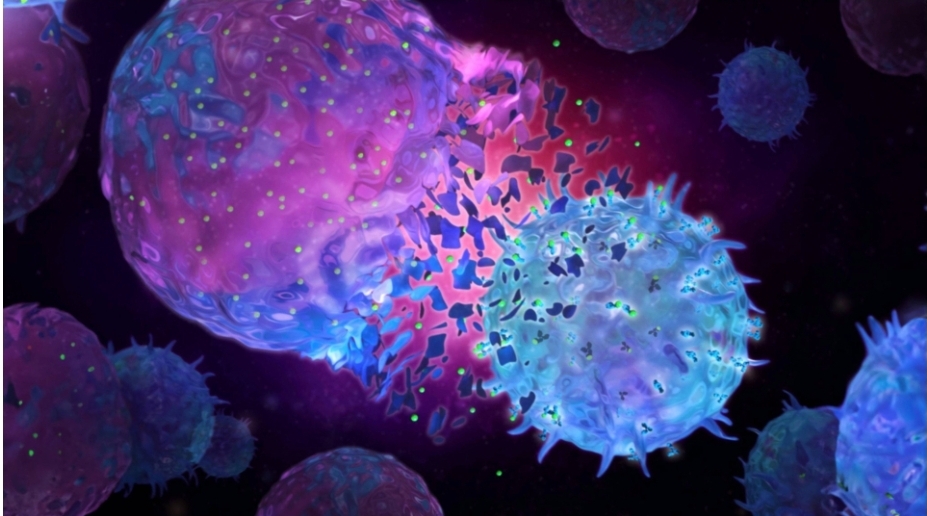SINGAPORE: Researchers at the National University of Singapore (NUS) have pioneered an innovative and flexible method for studying immune cell capabilities.
Recognizing the intricate mechanisms involved in cell-mediated cytotoxicity, the team has introduced a multimodal, high-throughput single-cell system to precisely measure cytotoxic capabilities, outline immune cell and protein characteristics, and analyze gene expression.
The novel approach, named the PAINTKiller-seq assay, represents an evolution of the PAINTKiller method. This single-cell sequencing workflow integrates data from transcriptomic analysis, phenotypic analysis, and cytotoxicity studies. Its significance lies in providing a comprehensive understanding of cell-mediated cytotoxicity at the molecular level.
The research focused on enhancing the PAINTKiller method by investigating CFSE-labelled killer cells. The team aimed to shed light on the molecular factors associated with killer cell activity during cell-mediated cytotoxicity by analysing whether these labelled cells exhibited genetic differences from their non-labelled counterparts.
Dr Wu, a key figure in the research, emphasized the versatility of the PAINTkiller method, stating, “The versatility of PAINTkiller holds significant promise for enhancing cell-based immunotherapy and advancing cell-manufacturing workflows. This innovative approach would provide a useful tool to comprehensively elevate the quality and functionality of the ultimate therapeutic product, marking a notable advancement in the field.”
Looking ahead, the NUS team is committed to expanding the versatility of the PAINTkiller method. They plan to test it on different killer and foreign cell combinations to unravel the complexities of immune responses. This strategic move aims to position the PAINTkiller-seq assay as an integral tool for research and clinical applications.
The implications of this breakthrough are far-reaching. By providing a detailed molecular understanding of immune cell behaviour, the PAINTkiller-seq assay enhances our comprehension of cell-mediated cytotoxicity. It opens avenues for advancements in cell-based immunotherapy and manufacturing workflows.
As the NUS team continues to push boundaries, this innovative approach is poised to become a cornerstone in the realm of immune system research, promising a future where therapeutic products are of higher quality and functionality.

